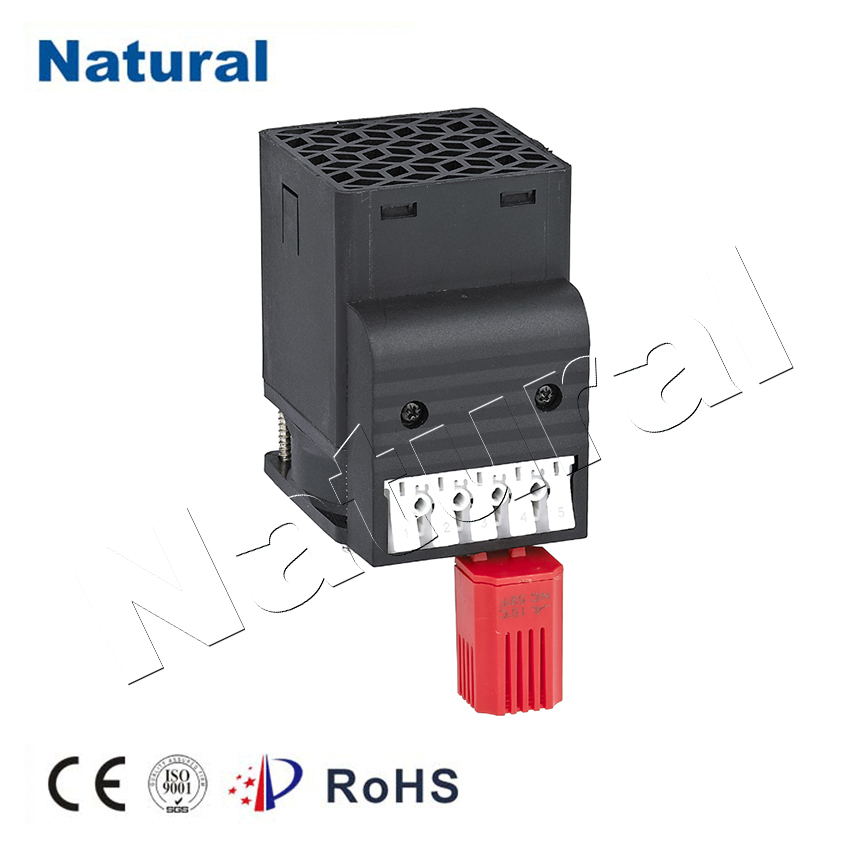In the age of technological advancement, our homes are becoming smarter than ever before. One significant contributor to this transformation is the heating thermostat. Gone are the days of manual temperature adjustments; today, heating thermostats have evolved into intelligent devices that offer unparalleled comfort and energy efficiency. In this article, we will delve into the world of heating thermostats, exploring their evolution, benefits, and the role they play in shaping the future of home heating.

The Evolution of Heating Thermostats Heating thermostats have come a long way since their inception. Traditionally, they were simple devices with basic temperature controls, requiring homeowners to manually adjust the temperature settings to maintain comfort. However, with advancements in technology, these thermostats have undergone a remarkable transformation.
Programmable Thermostats: The introduction of programmable thermostats was a game-changer. These devices allowed users to set heating schedules, ensuring that the temperature adjusted automatically according to their preferences. This innovation not only improved comfort but also led to significant energy savings.
Smart Thermostats: The real revolution came with the advent of smart thermostats. These devices, equipped with Wi-Fi connectivity and advanced sensors, can be controlled remotely through smartphones or voice commands. They learn from user behavior, optimizing heating patterns to maximize comfort while minimizing energy consumption. Brands like Nest, Ecobee, and Honeywell have pioneered this technology, offering consumers a glimpse into the future of home automation.
The Benefits of Heating Thermostats
Energy Efficiency: Perhaps the most significant advantage of heating thermostats is their ability to reduce energy consumption. By intelligently regulating heating, they prevent unnecessary heating when nobody is home, leading to lower utility bills and a reduced carbon footprint.
Customized Comfort: Heating thermostats allow users to create customized heating schedules, ensuring that their homes are always at the perfect temperature. Some even offer room-specific control, eliminating temperature disparities within the house.
Remote Control: With smart thermostats, you can control your heating system from anywhere in the world using a smartphone app. This feature is not only convenient but also provides peace of mind, allowing you to make adjustments on the go.
Learning Abilities: Smart thermostats can adapt to your preferences and habits over time. They learn when you're home and adjust the temperature accordingly. This means you'll always return to a comfortable environment without needing to lift a finger.
Environmental Impact: By reducing energy consumption, heating thermostats play a role in reducing greenhouse gas emissions. Using less energy for heating means fewer fossil fuels are burned, contributing to a more sustainable future.
The Future of Home Heating
As technology continues to advance, heating thermostats are poised to become even more integral to our daily lives. Here are some exciting possibilities for the future:
Integration with Smart Homes: Heating thermostats will seamlessly integrate with other smart home devices, allowing for a comprehensive home automation experience. Imagine your thermostat working in tandem with your lights, security system, and appliances to create a truly intelligent living space.
Artificial Intelligence: AI algorithms will become more sophisticated, enabling thermostats to predict your heating needs with incredible accuracy. They may even anticipate changes in weather and adjust heating accordingly.
Energy Storage: Future heating thermostats could interface with energy storage systems, optimizing heating times to coincide with periods of low energy demand or when renewable energy sources are most abundant.
Enhanced Environmental Features: With a growing focus on environmental sustainability, heating thermostats may include features such as air quality monitoring and recommendations for further energy savings.
In conclusion, heating thermostats have evolved from basic temperature controllers to smart devices that offer a plethora of benefits. Their role in enhancing comfort, reducing energy consumption, and contributing to a greener planet cannot be overstated. As technology continues to advance, we can only expect these devices to become more intelligent and integral to our daily lives, reshaping the way we heat our homes and interact with our living spaces. The future of home heating is indeed a smart one.
 28 items Patent
28 items Patent
 28 items Patent
28 items Patent
 28 items Patent
28 items Patent
